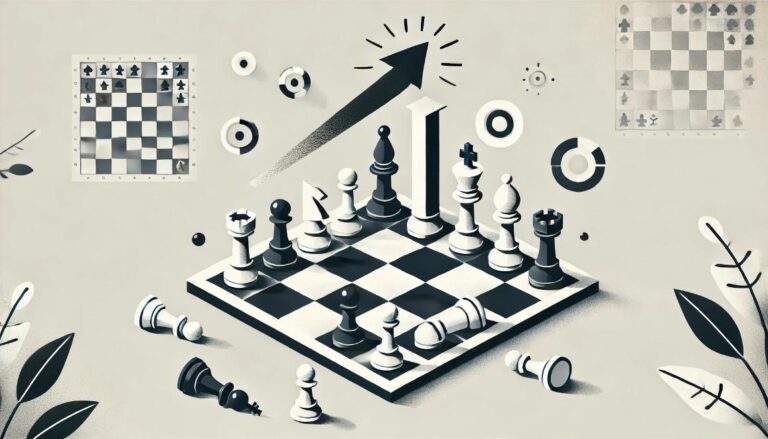Introduction
Chess has been around for centuries and has captured the hearts and minds of people from all walks of life. From amateur players to grandmasters, the fascination and addiction with this strategic board game is undeniable. But why is this seemingly simple game of moving pieces on a checkered board so captivating? In this article, we will explore the reasons behind the addictive nature of chess and the effects it has on players.
The Brain and Chess
The brain is a complex organ that is constantly seeking stimulation and challenges. Chess provides just that. It requires critical thinking, problem-solving, and the use of both sides of the brain. The left hemisphere of the brain is responsible for logical thinking, while the right hemisphere is responsible for creativity and intuition. The game of chess requires players to use both hemispheres simultaneously, making it a mentally stimulating activity.
Moreover, chess also activates the brain´s reward system. Every time a player makes a successful move or wins a game, the brain produces dopamine, a feel-good chemical that is associated with pleasure and motivation. This surge of dopamine motivates players to continue playing and seeking more victories, leading to a sense of addiction.
Unlimited Possibilities
Unlike some other games where the outcome is decided by luck, there is no element of chance in chess. Every move and decision made by a player has a direct impact on the game and its outcome. This endless possibility to make different moves and strategies creates a never-ending challenge for players. The constant desire to improve and progress in the game is what makes it so addictive.
The complexity of chess also adds to its addictive nature. Even the most seasoned players can always find room for improvement and discover new strategies. This element of never-ending learning and improvement keeps players coming back to the game, hoping to reach new levels of skill and expertise.
Competition and Community
In addition to the mental challenges, chess also offers a sense of competition and community. Whether it be playing with friends, family, or strangers at local tournaments, the thrill of competition and the desire to win adds to the addictive nature of chess. The feeling of accomplishment after defeating an opponent and the drive to do better next time keeps players engaged and coming back for more.
Furthermore, chess has a strong community aspect. It brings people from different backgrounds and cultures together, united by their love for the game. Players can share their knowledge, learn from others, and build friendships through chess. This community aspect not only adds to the addiction but also makes the game more enjoyable and rewarding.
Conclusion
Chess is more than just a board game; it is a mental sport that offers endless possibilities, challenges, and entertainment. The brain´s reward system, complex gameplay, and sense of competition and community make it an addictive activity for players of all levels. However, it is essential to maintain a balance and not let the addiction to chess take over other important aspects of life. With moderation and discipline, chess can be a fulfilling and intellectually stimulating activity that offers lifelong benefits.

